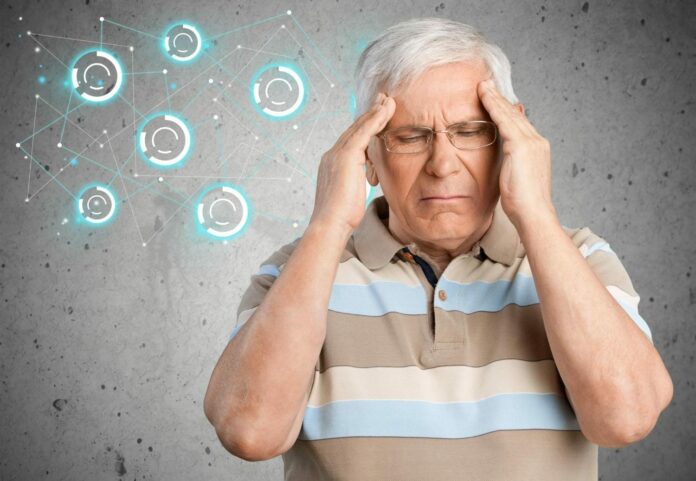Scientists have discovered strong proof that as we get older, our brains can make up for decline by using other areas to help with thinking and keeping our minds sharp. Now that we know this, we can wonder why some older folks can do this while others can’t. Is there something special about them? As we age, our brains shrink, losing cells and connections, which can cause our thinking to slow down.
It needs to be fully understood why some people stay sharper than others as they age and how we can keep our minds from declining. Some people’s brains can compensate for the loss by using other parts of the brain to help with tasks. While brain scans have shown this, it wasn’t clear if it helped with tasks or gave us clues on how to do them better—until now.
A study in the journal eLife, led by scientists from the University of Cambridge and the University of Sussex, reveals that older people’s brains perform better when they use other brain areas.
Study lead Dr. Kamen Tsvetanov, an Alzheimer’s Society Dementia Research Leader Fellow in the Department of Clinical Neurosciences, University of Cambridge, said: “Our ability to solve abstract problems is a sign of so-called ‘fluid intelligence,’ but as we get older, this ability begins to show significant decline. Some people manage to maintain this ability better than others. We wanted to ask why that was the case – are they able to recruit other areas of the brain to overcome changes in the brain that would otherwise be detrimental?”
Brain imaging studies reveal that tasks involving fluid intelligence activate a brain network called the ‘multiple demand network’ (MDN), located at both the front and rear of the brain. However, this activity decreases as people age. To see if the brain compensates for this decline, researchers from the University of Cambridge analyzed imaging data from 223 adults aged 19 to 87.
These volunteers solved puzzles of different difficulty levels while undergoing functional magnetic resonance imaging (fMRI). As expected, problem-solving ability decreased with age. The MDN and regions responsible for visual processing were particularly active during the tasks.
When the team used machine learning to analyze the images further, they found two brain areas more active in older people, correlating with better task performance. These areas were the cuneus at the back of the brain and a region in the frontal cortex.
Only the cuneus activity was strongly linked to better task performance in older volunteers, providing extra task-related information beyond the MDN. The cuneus is known for helping us stay focused on what we see, which could aid older adults who struggle with remembering visual information. The increased cuneus activity might be a strategy to compensate for their poorer visual memory.
Dr. Ethan Knights from the Medical Research Council Cognition and Brain Sciences Unit at Cambridge said: “Now that we’ve seen this compensation happening, we can ask why it happens for some older people, but not others, and in some tasks, but not others. Is there something special about these people – their education or lifestyle, for example – and if so, is there a way we can intervene to help others see similar benefits?”
Dr. Alexa Morcom from the University of Sussex’s School of Psychology and Neuroscience Research Center said: “This new finding also hints that compensation in later life does not rely on the multiple demand network as previously assumed, but recruits areas whose function is preserved in aging.”
The study represents the most substantial evidence of the brain’s remarkable ability to compensate for age-related cognitive decline. The research provides valuable insights into the mechanisms underlying cognitive resilience in aging individuals by identifying specific brain regions involved in compensation.
Journal reference:
- Ethan Knights, Richard N. Henson et al., Neural Evidence of Functional Compensation for Fluid Intelligence in Healthy Ageing. eLife. DOI: 10.7554/eLife.93327.1.
